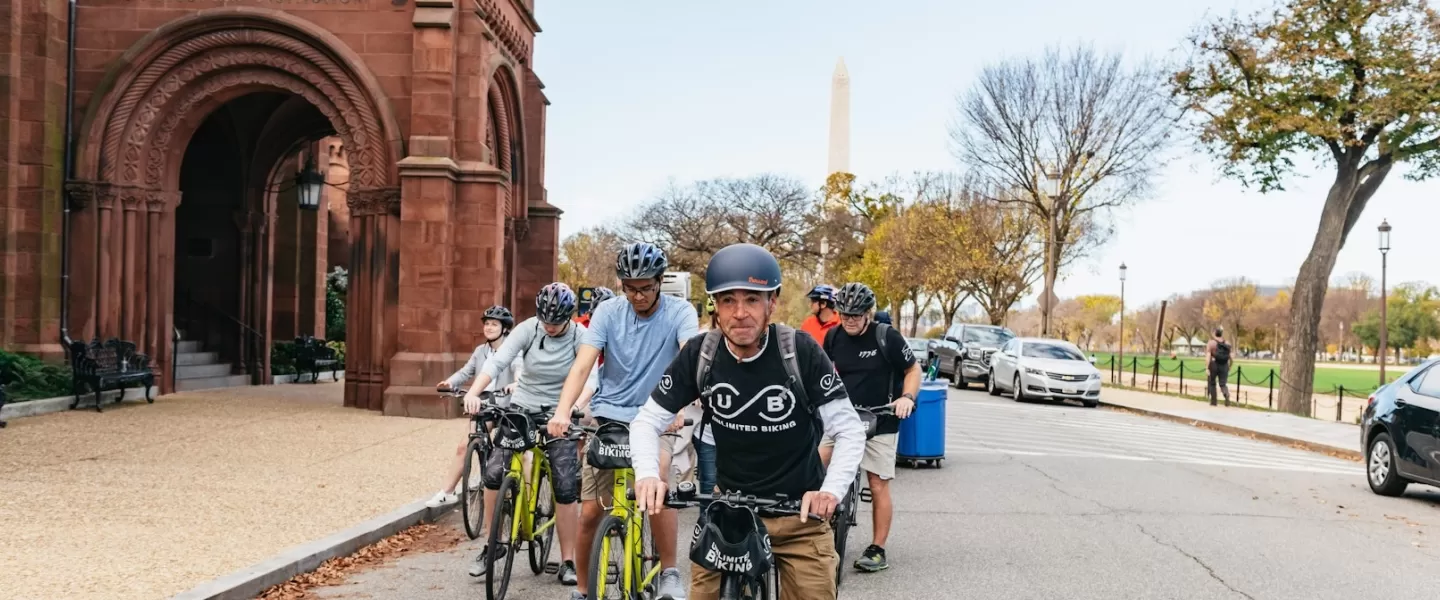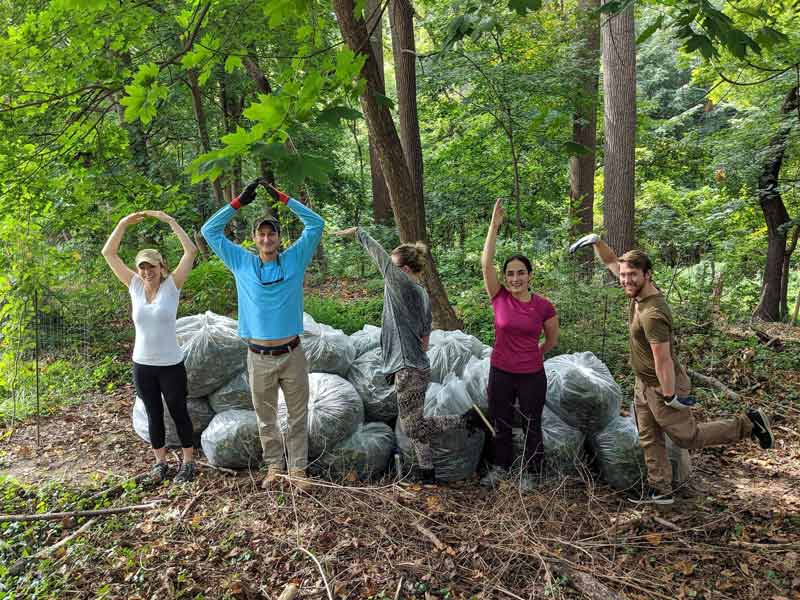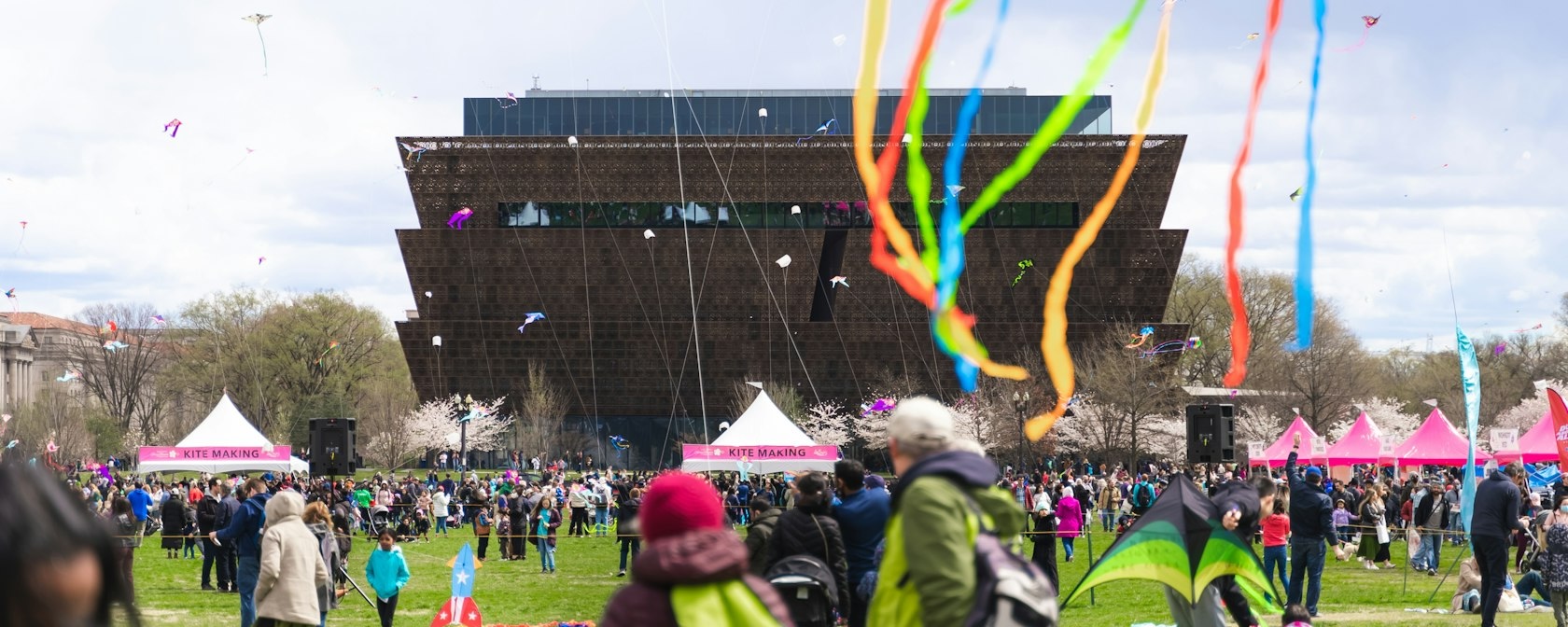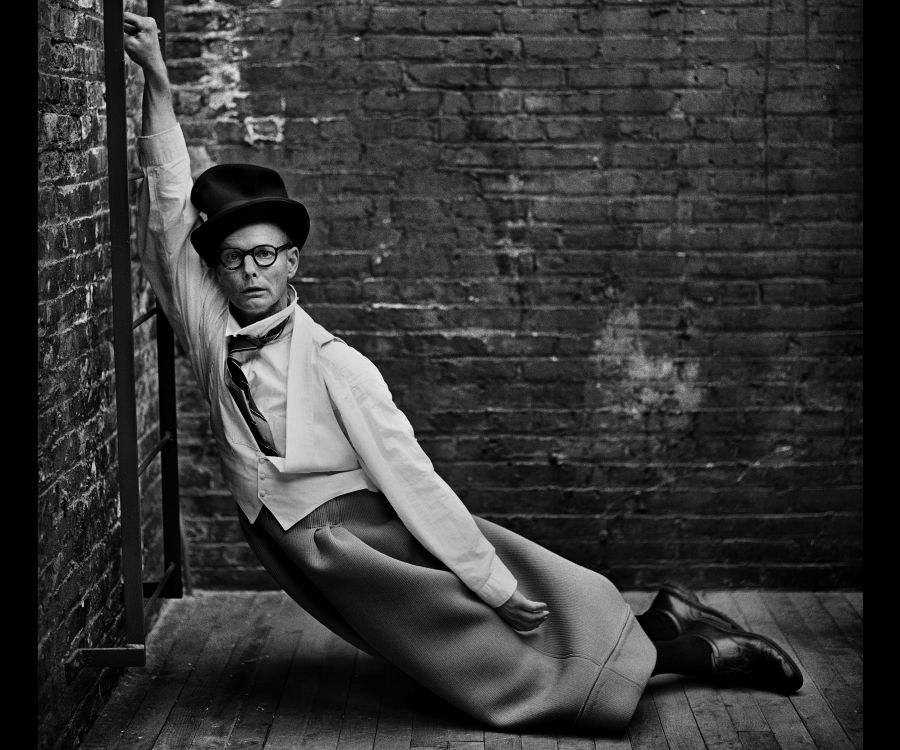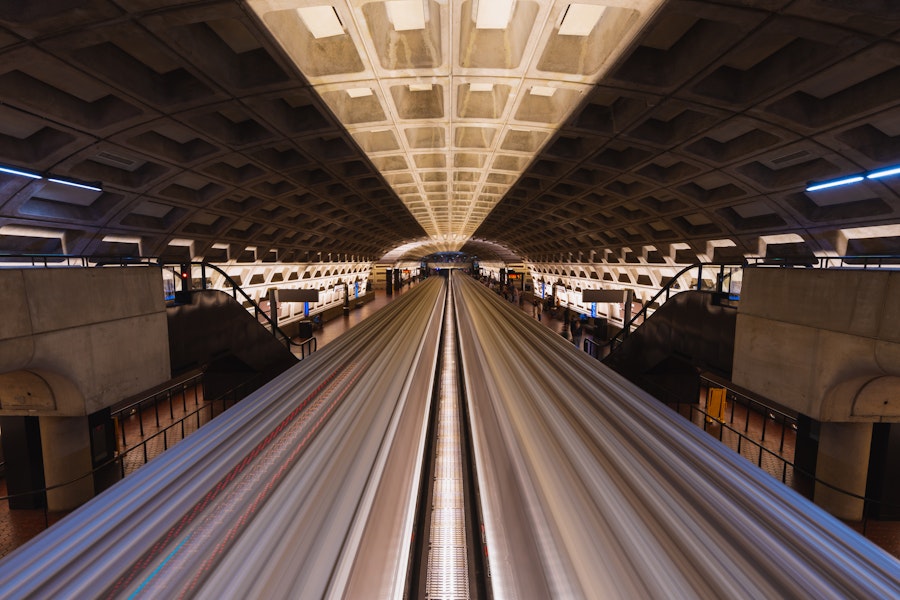
If you’re headed to the nation’s capital, it's easy to make choices that help reduce your environmental footprint while supporting local businesses.
Planning a trip to Washington, DC? The city makes it easy to embrace responsible travel, with options ranging from lower-impact transportation and locally sourced dining to neighborhood attractions and hotels with third-party sustainability certifications and meaningful community partnerships.
By making intentional choices about where you stay, eat and shop, you’ll enjoy an authentic visit while helping the city and its community flourish.
Book now at one of DC's sustainable hotels to get started.
01
Choose a more environmentally friendly form of travel

Take advantage of DC's trains, which produce far fewer greenhouse gas emissions than driving or flying.
Union Station receives roughly 40 million visitors per year. Its beautiful architecture, variety of shopping and dining options and status as one of the largest transportation hubs in the country make the station a popular transit option for visitors coming to DC.
From here, hop onto the city's Metrorail system, a reliable and efficient way to get around town. Use the trip planner to help you find the best Metro route for your itinerary.
02
Book a sustainable hotel

Eaton DC
Washington, DC is home to standout hotels that integrate responsible practices into both operations and guest experiences, many of which are third-party certified for their efforts. From sourcing food locally, reducing food waste and limiting water consumption to community outreach, these properties demonstrate how where you stay can support the city and its community.
See Our Picks | Book Your Stay
03
Walk or bike to navigate the city
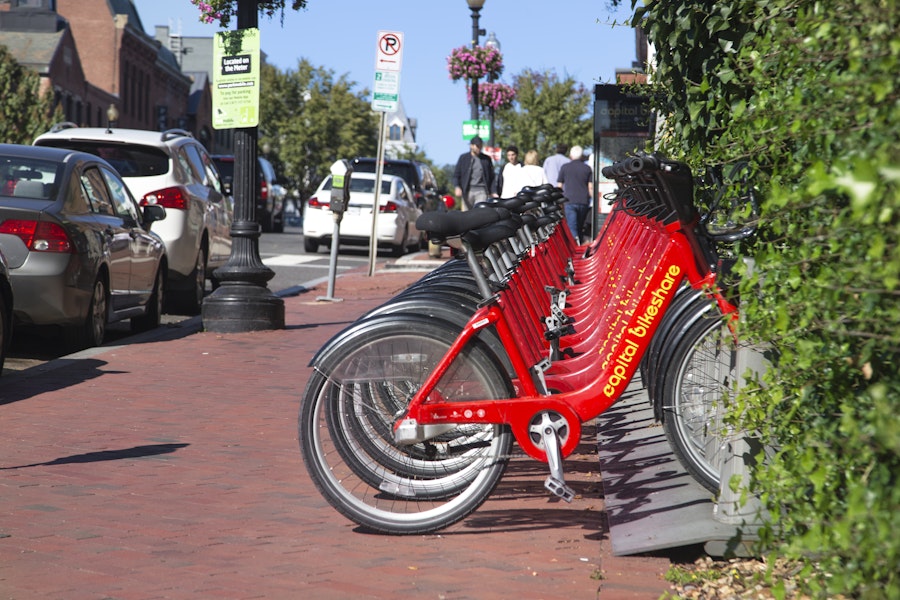
Walking and biking are among the greenest options and allow you to fully immerse yourself in the city. Pass by murals and public art, explore picturesque neighborhoods, catch hidden historic sights and appreciate the beauty of tree-lined streets and scenic gardens.
Washington, DC was the first city in North America to launch a bikeshare system: Capital Bikeshare. With more than 6,000 bikes and 700 stations, it's no wonder it's one of the most popular ways to get around. Pricing starts at 15 cents per minutes, with day passes available for $10.
04
Seek sustainable tours
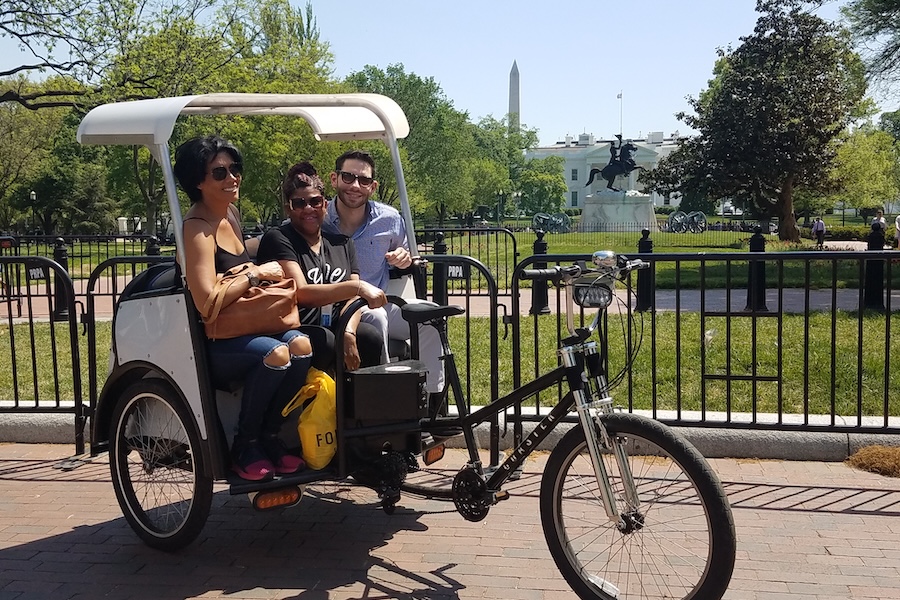
Washington, DC has an incredible range of tour guide services, including stand-out walking and biking tours.
- With the largest inventory of rental bikes in DC, Unlimited Biking allows locals and tourists of all ages to explore the city by day or night. It offers various tours like “Capital Sites” and “Monuments at Night” and seasonal offerings such as “Blossoms by Bike” and “Christmas on Wheels.”
- Or, put on your walking shoes and explore on foot with a self-guided audio tour from Action Tour Guide. With GPS-triggered narration, you can take an emissions-free stroll at your own pace, choosing from landmarks like Bartholdi Park, the National Mall and Pennsylvania Avenue.
- Other companies like City Cruises, Old Town Trolley Tours and USA Guided Tours all tout robust offerings and prioritize sustainable practices.
05
Eat locally

By buying local products and dining at restaurants throughout the District, you're supporting DC residents. Farm-to-table favorites abound, and neighborhood farmers' markets are beloved among residents for produce and regional products. DC also touts some top-tier vegan and vegetarian eateries.
06
Discover some of the city's lesser-known treasures
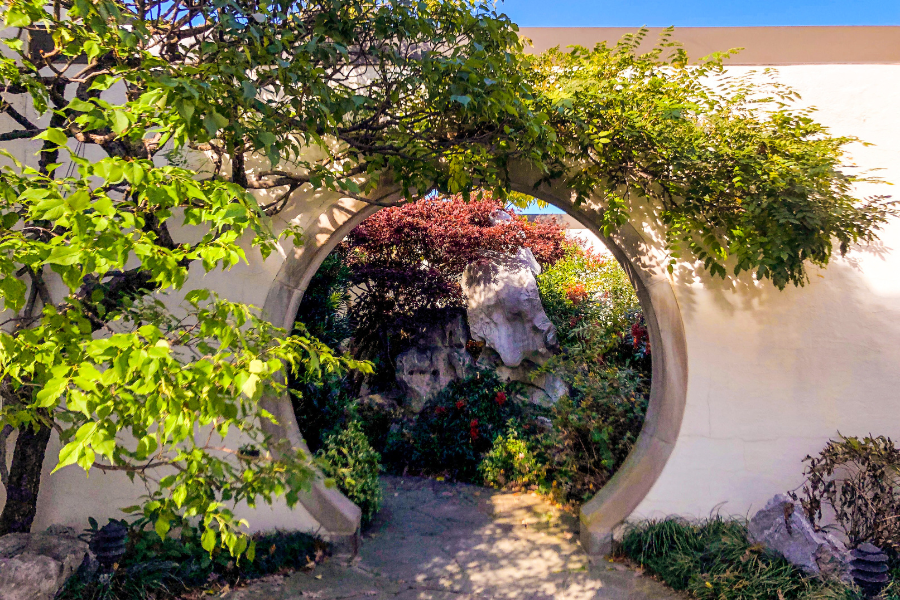
U.S. National Arboretum
Another sustainable way to experience Washington, DC, is to venture beyond the city’s most popular landmarks and explore alternative attractions with a more relaxed, off-the-beaten-path feel. This approach helps spread tourism's economic impact to a wider range of neighborhoods and businesses and helps visitors discover local favorites.
Our list makes it easy to get started, featuring top DC sights, each paired with a compelling, lesser-known alternative worth discovering.
07
Score a local or second-hand souvenir

© Tony Powell
Shop intentionally and support DC's small businesses. Find inspiration from our lineups of Black-owned, women-owned and LGBTQ+-owned locales. Shops like Steadfast Supply and Shop Made in DC curate the work of DC-area makers.
The city's sustainable state of mind is also visible in its shopping scene, which is dotted with quality vintage and second-hand stores.
08
Participate in a sustainable volunteer project
There are many opportunities to appreciate the city you're visiting and give back. Here are a few organizations to help you dive more deeply into the fabric of DC:
- Serve DC is a government agency that is part of the Mayor’s Office on Volunteerism and offers neighborhood clean-ups and pop-up markets to increase access to fresh, local food
- Restore and enhance the trees through the nation’s capital with Casey Trees, a non-profit that plants over 3,000 trees across all eight wards annually
- Get your hands dirty and the rivers clean with Potomac Conservancy. Look out for trash and river cleanups from Fletcher’s Cove to Theodore Roosevelt Island
- Rock Creek Conservancy offers trash cleanup and invasive plant removal

